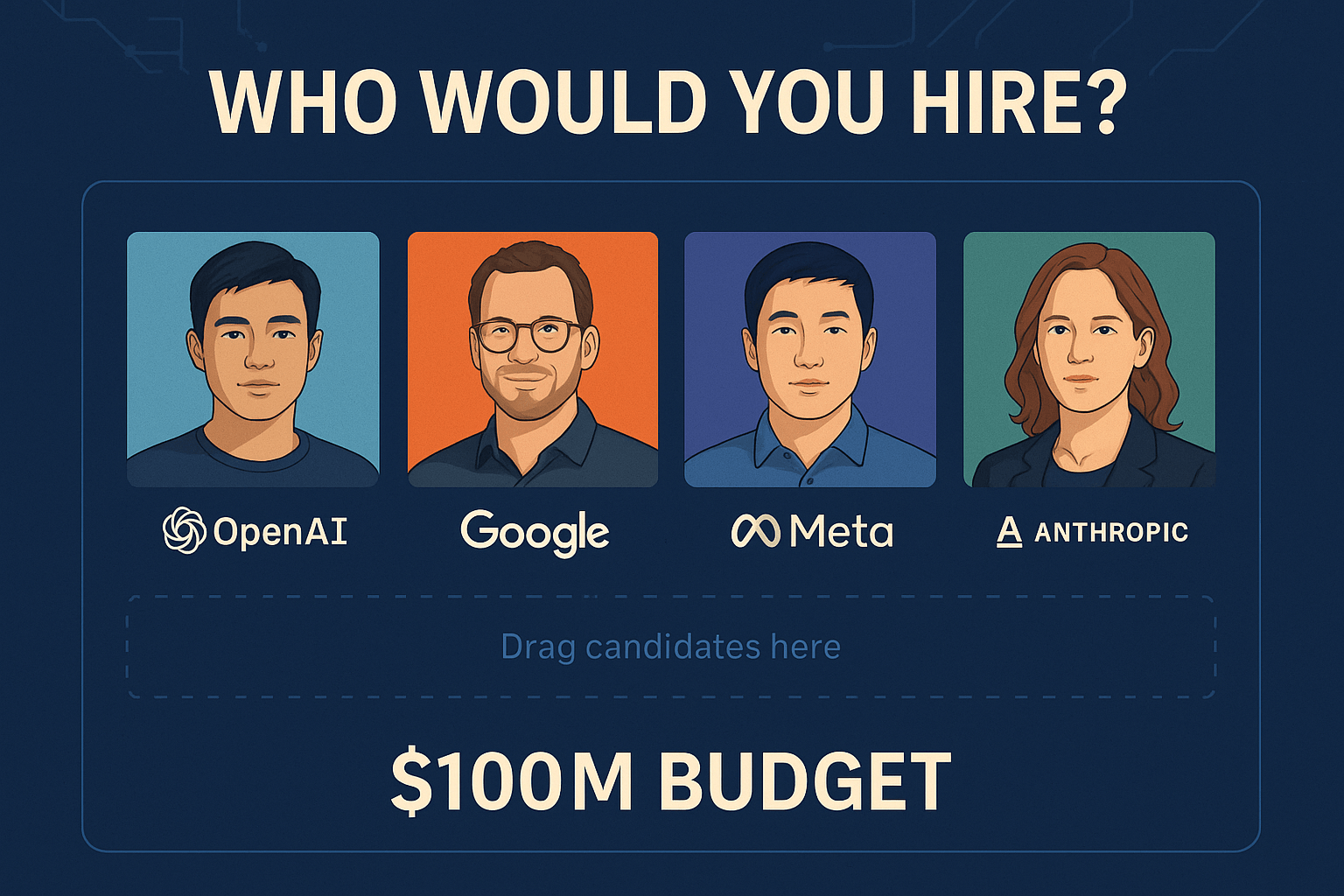Quick-Fire Summary (TL;DR)
Meta just dropped SecAlign-70B (plus a lighter 8B variant) — the first openly-licensed language models with built-in, model-level defenses against prompt-injection attacks. On launch-day benchmarks, the 70-billion-parameter model slashed attack success rates to almost zero while keeping everyday utility on par with GPT-4o-mini. Security folk are already calling it a milestone for “secure-by-default” AI. (arxiv.org, huggingface.co)
What Happened?
- Release date: 4 July 2025 (arXiv pre-print + weights on HuggingFace). (arxiv.org, huggingface.co)
- Models shipped:
- SecAlign-70B – a fine-tuned offspring of Llama-3.3-70B-Instruct.
- SecAlign-8B – a LoRA-style adapter for laptops and edge devices. (huggingface.co)
- License: FAIR Non-Commercial Research — free to inspect, fork, and benchmark. (huggingface.co)
Why It Matters
- Prompt-Injection = #1 AI Threat. OWASP (2025) lists prompt injection at the very top of its LLM-risk chart, beating data poisoning and jailbreaks. (sizhe-chen.github.io)
- Open Models, Closed Defenses. Until now, robust PI defenses lived behind APIs (GPT-4o-mini, Gemini-Flash-2.5). SecAlign brings comparable protection into the open-source world. (arxiv.org, huggingface.co)
- Research Accelerator. With full weights + training recipe published, red-teamers and academics can iterate on attacks and defenses without NDAs, hopefully raising the security floor for everyone. (arxiv.org, arxiv.org)
How SecAlign Works (Under the Hood)
- “Preference-Optimization” Training.
- Build a preference dataset where each sample has a safe output and a malicious, injected counterpart.
- Fine-tune with Direct Preference Optimization (DPO) so the model learns to prefer safe completions. (sizhe-chen.github.io)
- Results in Numbers (select highlights): (huggingface.co) Benchmark Metric Llama-3.3-70B SecAlign-70B GPT-4o-mini AlpacaFarm (PI attack) Attack Success ↓ 93.8 % 1.4 % 0.5 % AgentDojo (no attack) Task Success ↑ 56.7 % 77.3 % 67.0 % MMLU-Pro (5-shot) Accuracy ↑ 67.7 % 67.6 % 64.8 % Bottom line: security improves by two orders of magnitude with virtually zero utility tax.
Early Buzz
- Security Twitter & Mastodon lit up with “FINALLY, open weights + security!” threads within hours of the drop.
- Researchers: Several red-team labs have already scheduled live-streamed hackathons to probe SecAlign’s limits next week.
- Enterprises: CISOs at fintechs say the model could speed up internal LLM adoption because they can now audit both weights and defenses. (Expect a wave of downstream LoRA adapters.)
What’s Next?
| Horizon | What to Watch | Potential Impact |
|---|---|---|
| Days | Open-source folk port SecAlign-8B to vLLM / Ollama for local testing. | Desktop-grade secure assistants. |
| Weeks | Benchmark shoot-outs vs. GPT-4o-mini & Gemini-Flash-2.5 on new “adversarial” leaderboards. | Standardizes security as a first-class metric. |
| Months | Forks integrating multimodal inputs and tool-calling policies. | Safer autonomous agents for code, browsing, and ops. |
| 2025 Q4 | Possible SecAlign-MoE or 400B variant if adoption proves strong. | Puts pressure on closed vendors to open their own defenses. |
Takeaways for Readers
- If you build with Llama today, swapping in SecAlign could neutralize most off-the-shelf PI attacks with minimal refactor.
- If you secure AI systems, SecAlign is a living test-bed: try to break it, publish results, iterate. The open weights make responsible disclosure easier.
- If you’re a policy-maker, the release showcases how transparent, community-auditable models can advance both innovation and safety.
Written in collaboration with AI Trend Scout, tracking emerging AI stories within 48 hours of publication.


